Home>Health & Lifestyle>Air Quality & Filtration>How To Choose A Water Filtration System
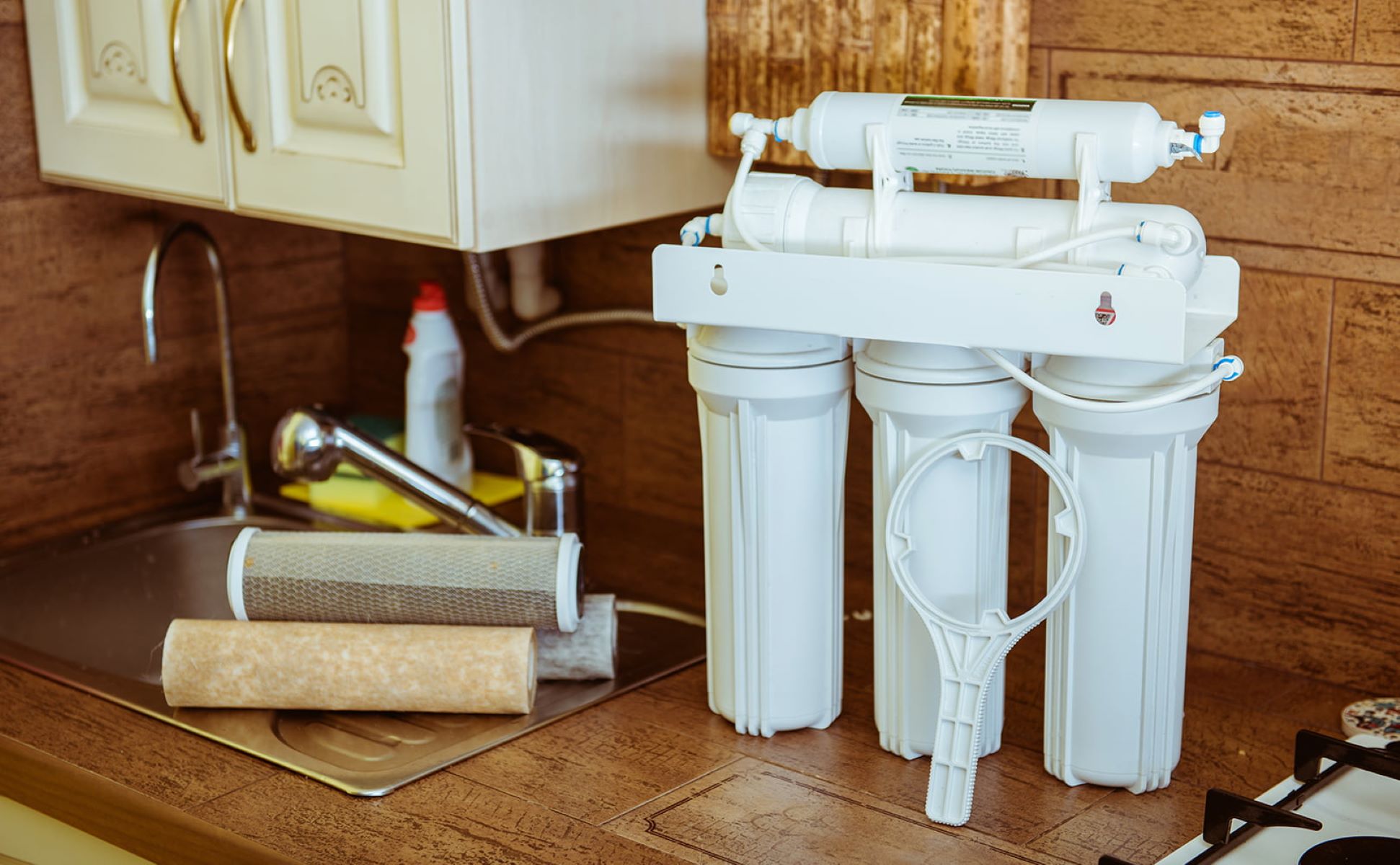

Air Quality & Filtration
How To Choose A Water Filtration System
Modified: January 4, 2024
Learn how to select the right water filtration system for your needs and improve your air quality with our expert tips and recommendations. Discover the best options for air quality and filtration.
(Many of the links in this article redirect to a specific reviewed product. Your purchase of these products through affiliate links helps to generate commission for Storables.com, at no extra cost. Learn more)
Introduction
Welcome to the world of clean, refreshing water! In today’s environment, ensuring that the water we consume is free from contaminants is paramount. Water filtration systems play a crucial role in achieving this goal, providing a reliable means of purifying water for drinking, cooking, and other household uses.
In this comprehensive guide, we will explore the various types of water filtration systems available, the factors to consider when choosing the right system for your needs, and the installation and maintenance processes. By the end of this journey, you will be equipped with the knowledge to make an informed decision about selecting a water filtration system tailored to your specific requirements.
Key Takeaways:
- Choose a water filtration system based on your water quality and household needs. Consider factors like filtration method, flow rate, and installation/maintenance to ensure clean and safe drinking water.
- Proper installation and regular maintenance are crucial for maximizing the effectiveness and longevity of your water filtration system. Monitor performance, replace filters, and uphold system upkeep for reliable water purification.
Read more: How To Choose An HVAC Contractor
Understanding Water Contaminants
Water contaminants are substances that may be present in water, posing potential health risks or affecting the water’s taste, odor, and appearance. It’s essential to understand the different types of contaminants to grasp the importance of water filtration systems.
Common water contaminants include:
- Microorganisms: Bacteria, viruses, and parasites can infiltrate water sources, leading to waterborne diseases such as cholera and dysentery.
- Chemicals: Industrial chemicals, pesticides, and herbicides can seep into water supplies, posing significant health hazards when consumed.
- Heavy Metals: Lead, mercury, arsenic, and other heavy metals can leach into water from natural deposits or industrial activities, causing severe health issues over time.
- Sediments: Sand, rust, and silt can make water appear cloudy and affect its taste and texture.
- Chlorine and Chloramine: While added to disinfect water, these chemicals can create an unpleasant taste and odor.
Understanding the specific contaminants present in your water supply is crucial for selecting an appropriate filtration system. This can be determined through water quality reports provided by local authorities or through independent testing.
By addressing the presence of contaminants, water filtration systems play a vital role in safeguarding your health and enhancing the overall quality of your water supply.
Types of Water Filtration Systems
Water filtration systems employ various methods to remove contaminants and impurities from water, offering diverse solutions to meet specific filtration needs. Here are some common types of water filtration systems:
- Activated Carbon Filters: These filters use activated carbon to absorb and trap impurities, including chlorine, volatile organic compounds (VOCs), and unpleasant tastes and odors.
- Reverse Osmosis Systems: Utilizing a semipermeable membrane, reverse osmosis systems effectively remove a wide range of contaminants, including heavy metals, dissolved solids, and microorganisms.
- UV Water Purifiers: UV purifiers use ultraviolet light to deactivate and destroy bacteria, viruses, and other microorganisms present in water, providing an additional layer of protection against waterborne pathogens.
- Water Distillers: Distillation involves boiling water to produce steam, which is then condensed back into liquid form, effectively separating contaminants and impurities from the water.
- Ion Exchange Filters: These filters remove harmful ions, such as calcium and magnesium, and replace them with potassium or sodium ions, addressing water hardness and reducing the risk of scale buildup.
- Gravity Filters: Gravity-based filtration systems use the force of gravity to pass water through a series of filtering media, effectively removing sediments, microorganisms, and some chemical contaminants.
Each type of filtration system has its unique advantages and is designed to target specific contaminants. When choosing a water filtration system, it’s essential to consider the specific impurities present in your water supply and select a system that best addresses those concerns.
By understanding the capabilities of each filtration method, you can make an informed decision to ensure that your water is purified to the desired level, meeting your household’s requirements for clean and safe drinking water.
When choosing a water filtration system, consider the contaminants in your water, the filtration method, and the system’s maintenance requirements to ensure it meets your needs.
Factors to Consider When Choosing a Water Filtration System
When selecting a water filtration system, several crucial factors should be taken into account to ensure that the chosen system effectively meets your specific needs. Consider the following elements as you embark on the journey of choosing the right water filtration system:
- Water Quality: Understanding the quality of your water supply is paramount. Identify the contaminants present in your water by reviewing water quality reports or conducting independent testing. This knowledge will guide you in selecting a filtration system tailored to address the specific impurities in your water.
- Filtration Method: Different filtration methods target specific contaminants. Determine the most suitable filtration technology based on the impurities present in your water, ensuring that the chosen system effectively removes those contaminants.
- Flow Rate: Consider the flow rate of the filtration system, which indicates how much water can pass through in a given time. Ensure that the system can accommodate your household’s water usage without compromising its filtration capabilities.
- Installation and Maintenance: Assess the installation requirements and maintenance procedures associated with the filtration system. Some systems may require professional installation, while others can be easily installed and maintained by homeowners. Consider the long-term maintenance needs and associated costs.
- Cost and Efficiency: Evaluate the initial cost of the filtration system, as well as ongoing expenses such as filter replacements and energy consumption. Balance the initial investment with the system’s long-term efficiency and operating costs to determine the most cost-effective solution.
- Water Usage: Consider the specific uses for the filtered water, whether for drinking, cooking, or other household purposes. Tailor the filtration system to meet the demands of your household, ensuring that it provides clean and safe water for all intended uses.
- Available Space: Assess the available space for installing the filtration system. Some systems, such as under-sink filters or countertop units, require minimal space, while others, like whole-house filtration systems, may demand more significant installation space.
By carefully considering these factors, you can make an informed decision when choosing a water filtration system that aligns with your water quality needs, household requirements, and budget constraints. A well-suited filtration system will provide you with peace of mind, knowing that your water is purified to the desired standard, promoting a healthier and more enjoyable living environment.
Installation and Maintenance
Once you have chosen the ideal water filtration system for your home, proper installation and ongoing maintenance are essential to ensure its optimal performance and longevity. Here are key considerations for the installation and maintenance of water filtration systems:
- Professional Installation: Some filtration systems, such as whole-house units or complex reverse osmosis systems, may require professional installation to ensure proper setup and functionality. Hiring a qualified installer can provide peace of mind and guarantee that the system operates effectively.
- DIY Installation: Many water filtration systems, including under-sink filters and countertop units, are designed for easy do-it-yourself installation. Follow the manufacturer’s instructions carefully to set up the system correctly, or consult a professional if you encounter any challenges.
- Regular Maintenance: Adhering to a regular maintenance schedule is crucial for preserving the efficiency and effectiveness of the filtration system. This includes replacing filter cartridges, cleaning components, and addressing any issues that may arise to ensure consistent water quality.
- Filter Replacements: Different filtration systems have varying filter replacement schedules. It’s essential to monitor and replace filters as recommended by the manufacturer to prevent contaminants from bypassing the system and compromising water quality.
- Monitoring Performance: Stay vigilant in monitoring the system’s performance and the quality of the filtered water. Keep an eye out for any changes in water taste, odor, or clarity, as these may indicate the need for maintenance or filter replacements.
- Water Testing: Periodically test your water quality to ensure that the filtration system continues to effectively remove contaminants. Independent water testing can provide valuable insights into the system’s performance and the overall quality of your filtered water.
- System Upkeep: Keep the area around the filtration system clean and well-maintained. Regularly inspect for leaks, corrosion, or any signs of wear and tear, and address any issues promptly to prevent potential damage to the system.
By prioritizing proper installation and diligent maintenance, you can maximize the longevity and performance of your water filtration system, ensuring that it consistently delivers clean, safe, and refreshing water for your household’s needs. With regular care and attention, your filtration system will continue to be a reliable guardian of water quality in your home.
Read more: When Was Water Filtration Invented
Conclusion
Choosing a water filtration system is a significant decision that directly impacts the quality and safety of the water you consume and use in your home. By understanding the types of water contaminants and the diverse filtration systems available, you are empowered to make an informed choice that aligns with your specific needs and preferences.
When embarking on the journey of selecting a water filtration system, it’s essential to consider factors such as water quality, filtration method, flow rate, installation and maintenance requirements, cost, and available space. By carefully evaluating these elements, you can identify the most suitable system that provides reliable purification tailored to your household’s water quality needs.
Proper installation and diligent maintenance are crucial for ensuring the long-term effectiveness and efficiency of your chosen water filtration system. Whether opting for professional installation or a DIY approach, regular maintenance, filter replacements, and system monitoring are key practices that uphold the system’s performance and safeguard the quality of your filtered water.
Ultimately, investing in a water filtration system is an investment in the well-being of your family and the overall quality of your daily life. By prioritizing clean, safe, and refreshing water, you create a healthier and more enjoyable living environment, free from the concerns of waterborne contaminants.
With the knowledge gained from this guide, you are well-equipped to embark on the journey of selecting, installing, and maintaining a water filtration system that meets your specific requirements, providing you with the peace of mind that comes from knowing that your water is purified to the highest standards.
Here’s to a future filled with pure, clean water for you and your loved ones!
Frequently Asked Questions about How To Choose A Water Filtration System
Was this page helpful?
At Storables.com, we guarantee accurate and reliable information. Our content, validated by Expert Board Contributors, is crafted following stringent Editorial Policies. We're committed to providing you with well-researched, expert-backed insights for all your informational needs.
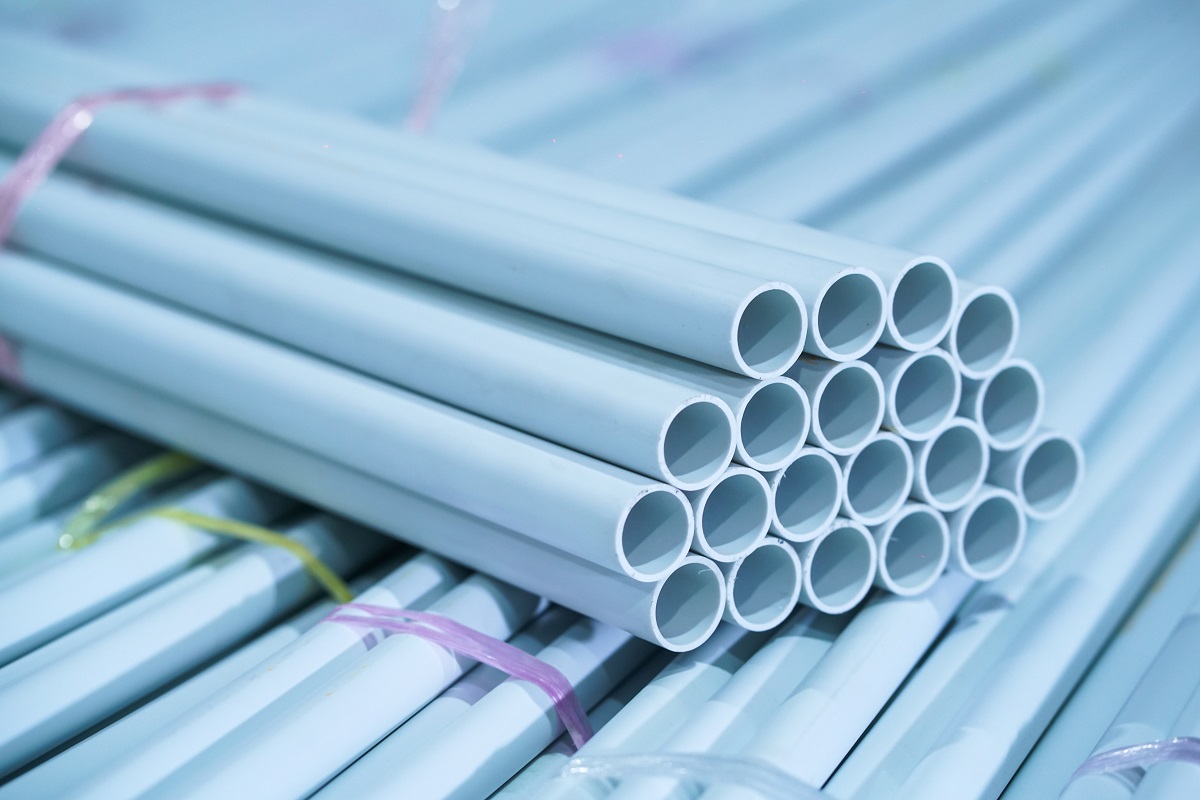
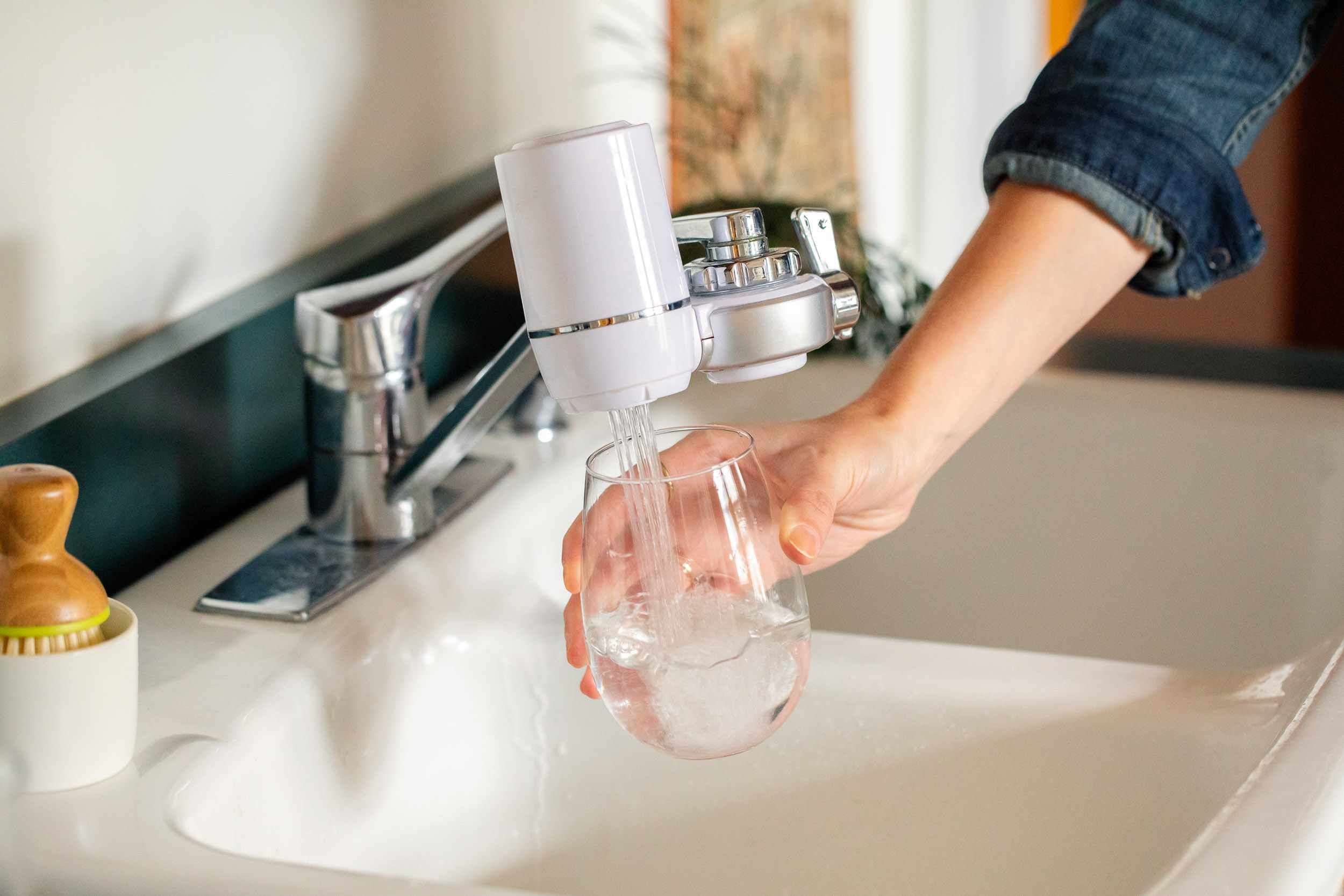
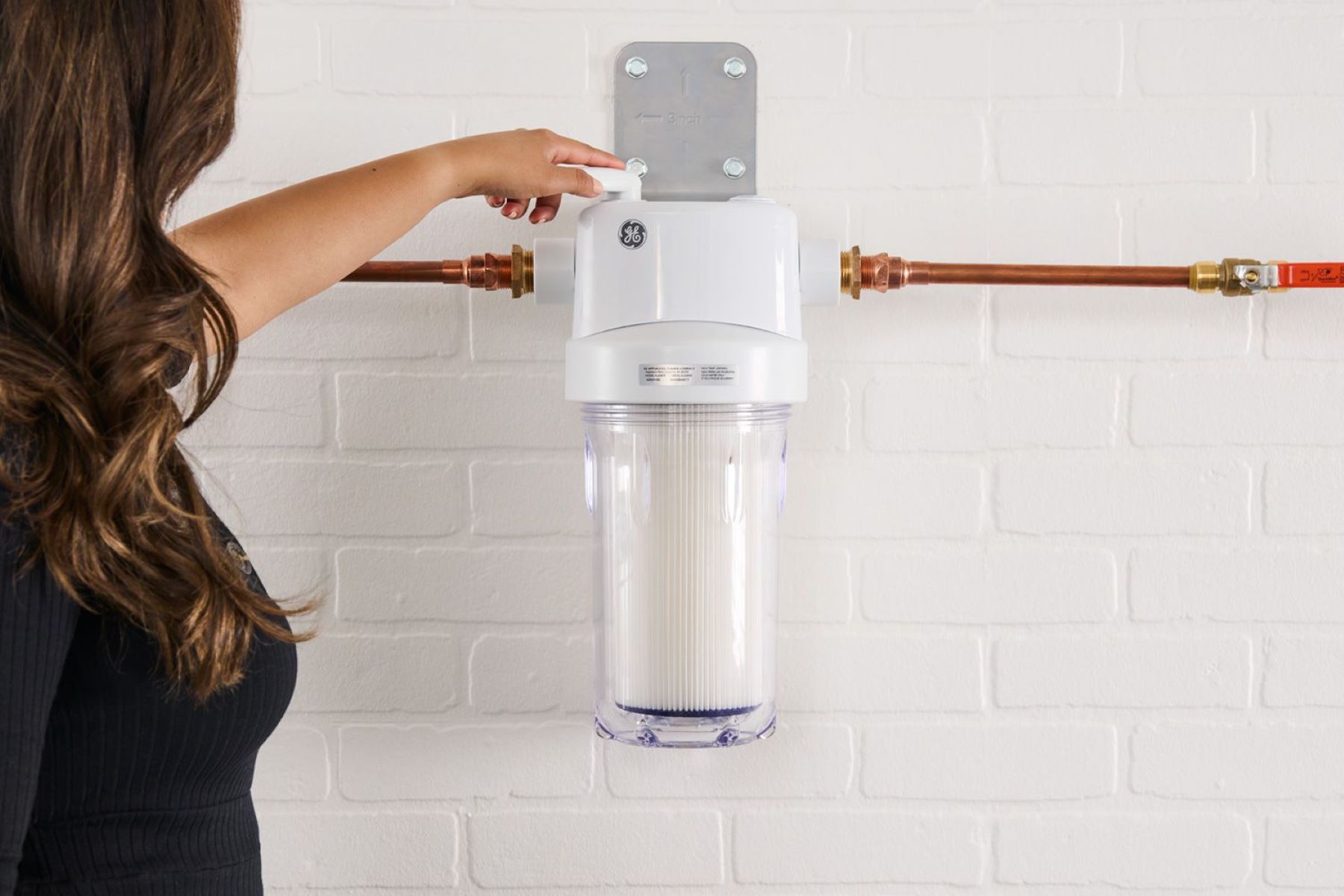
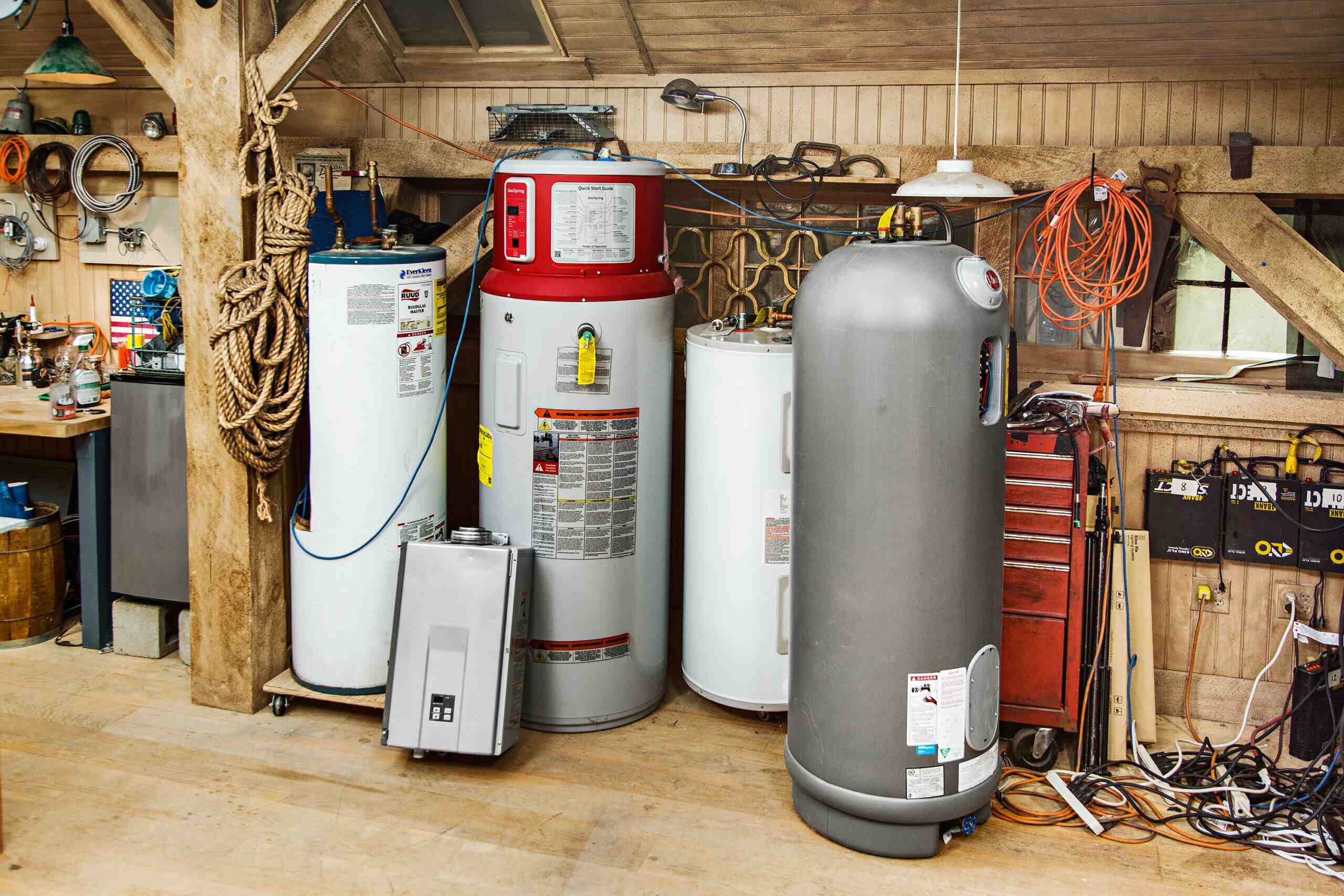
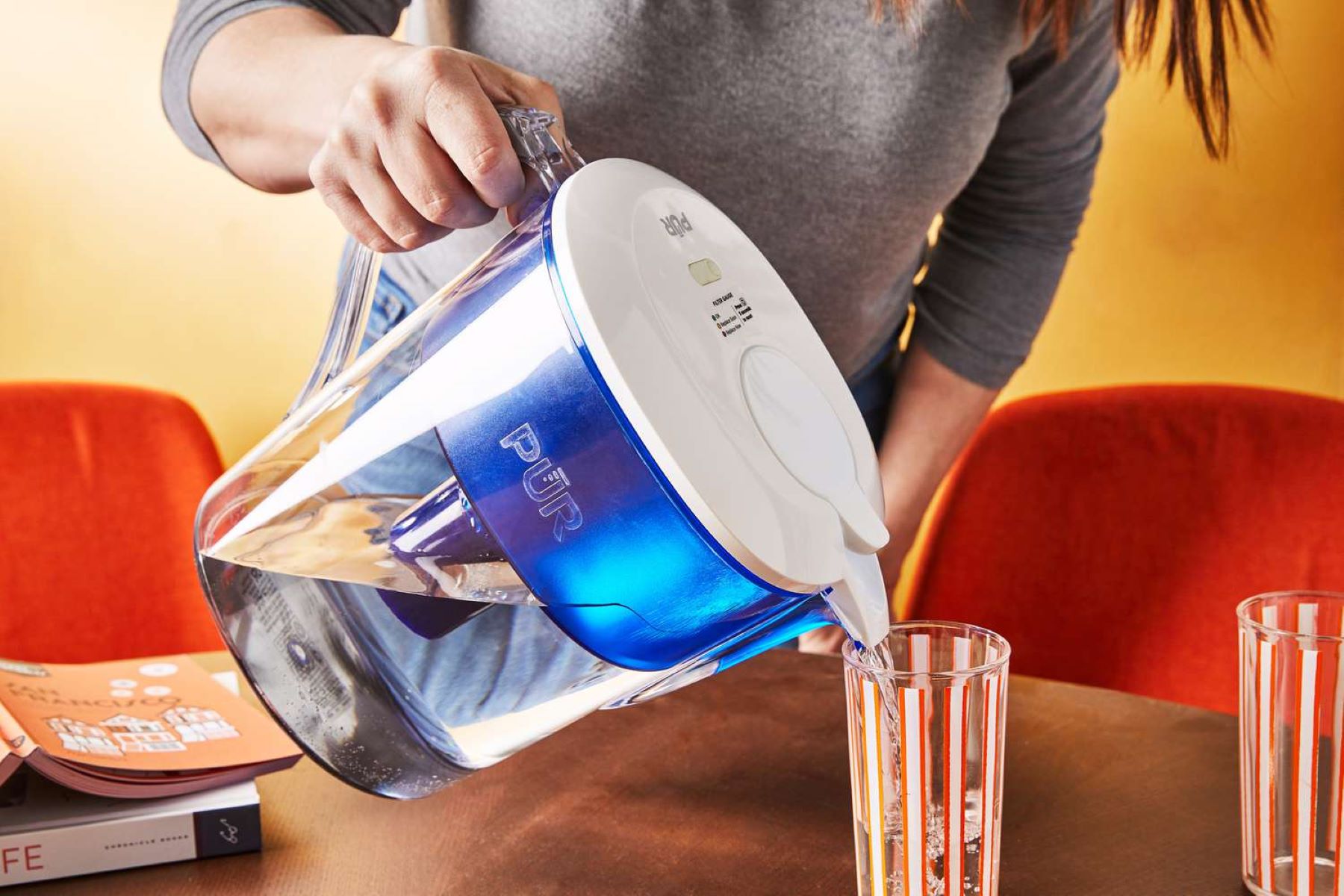
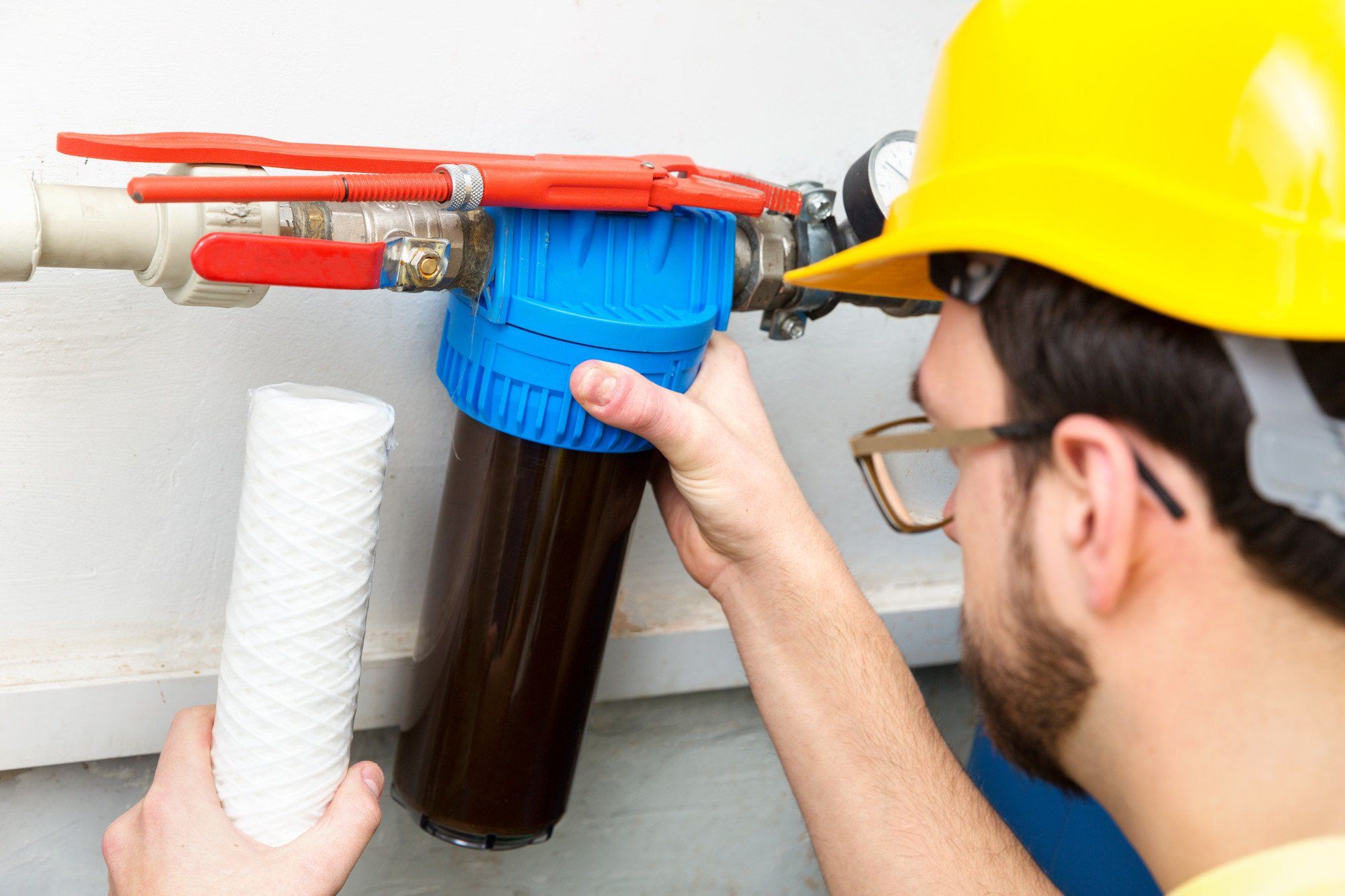
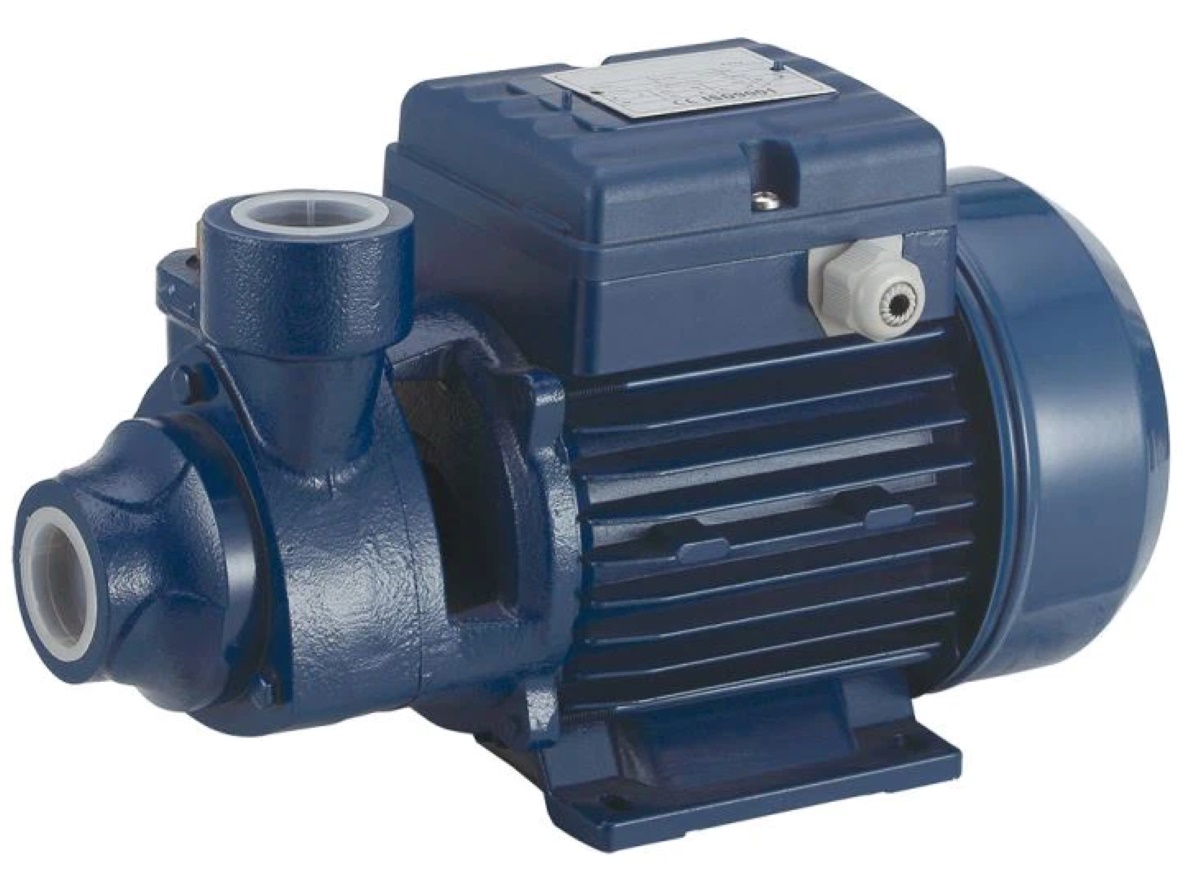
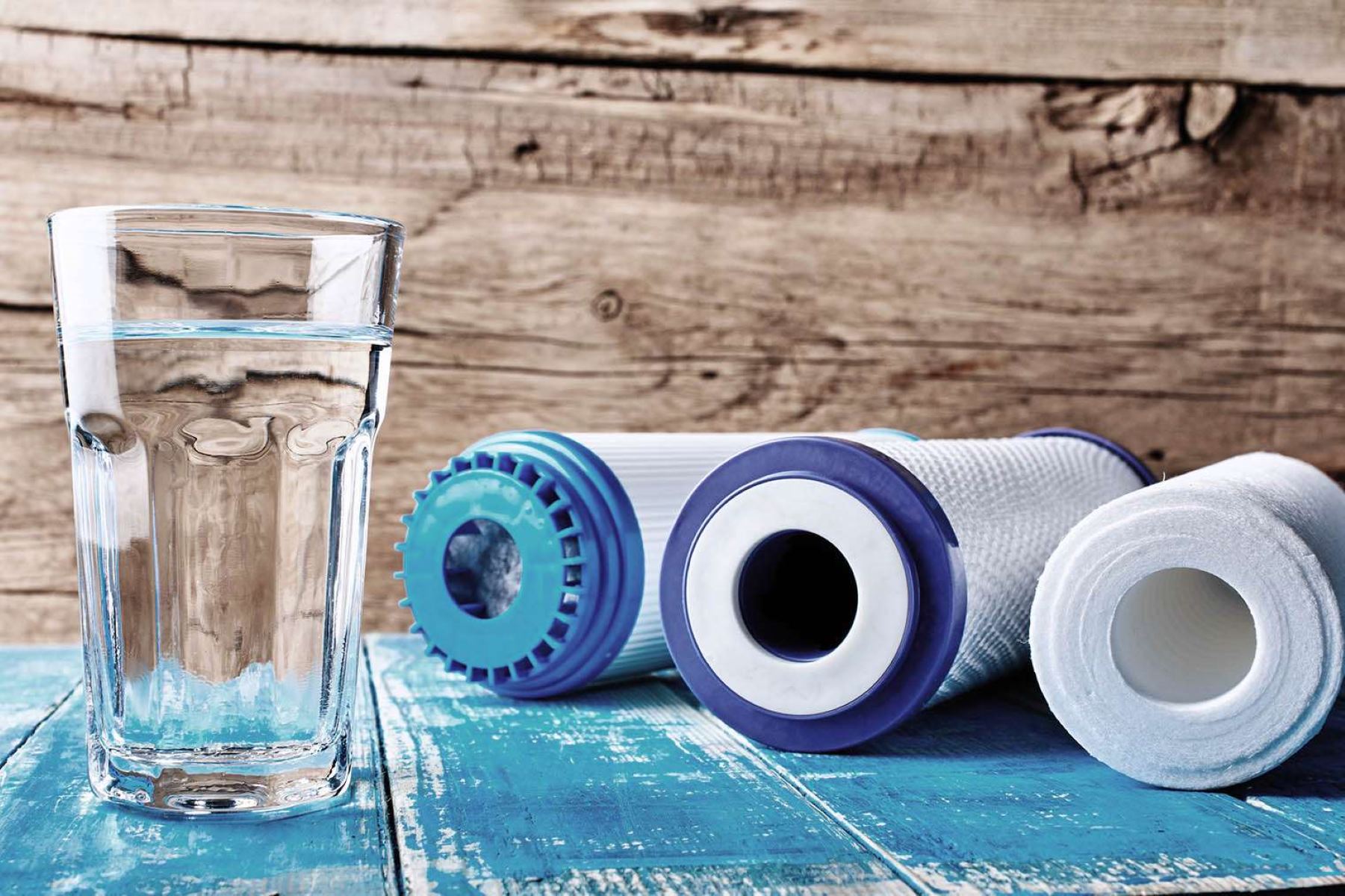
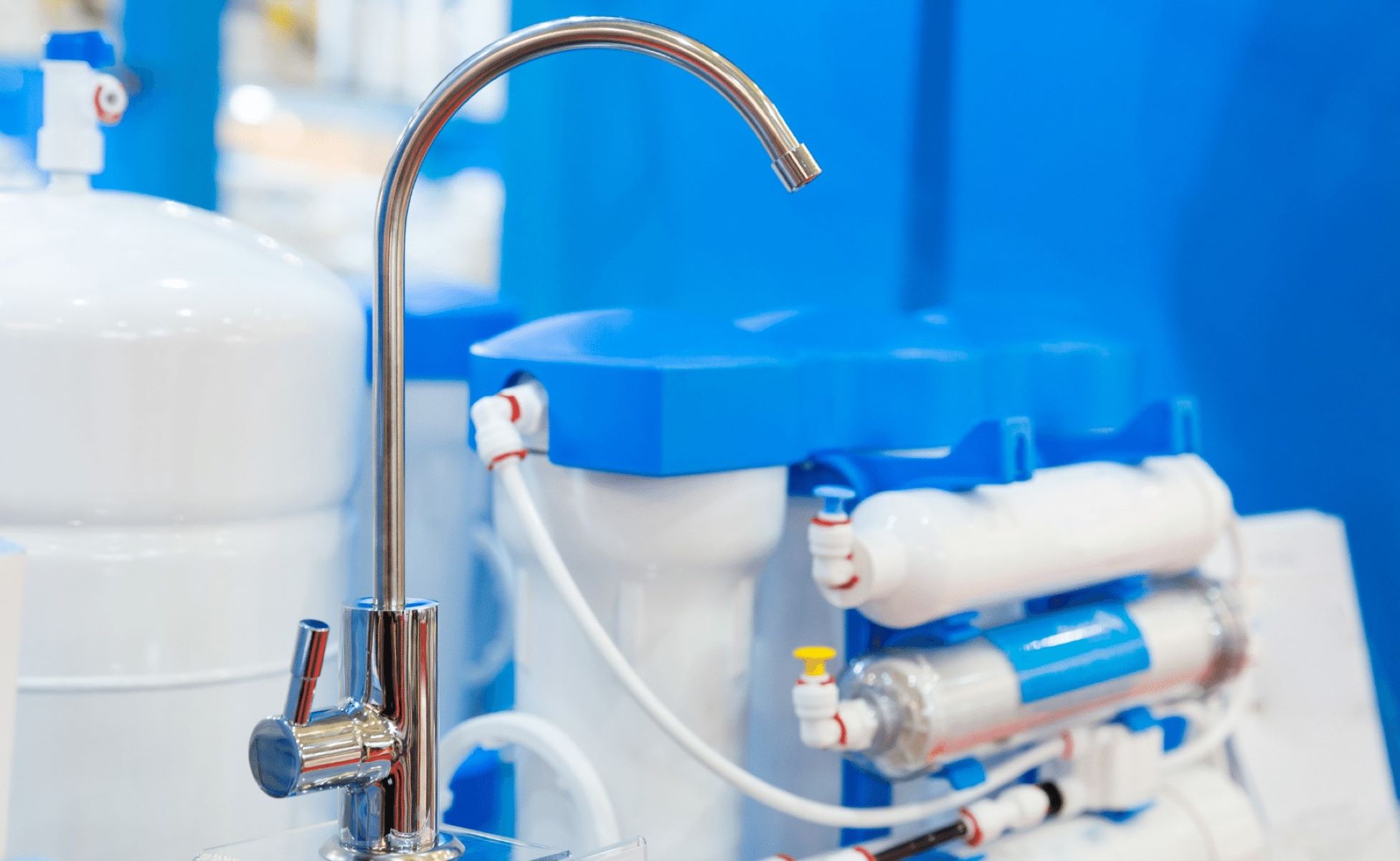
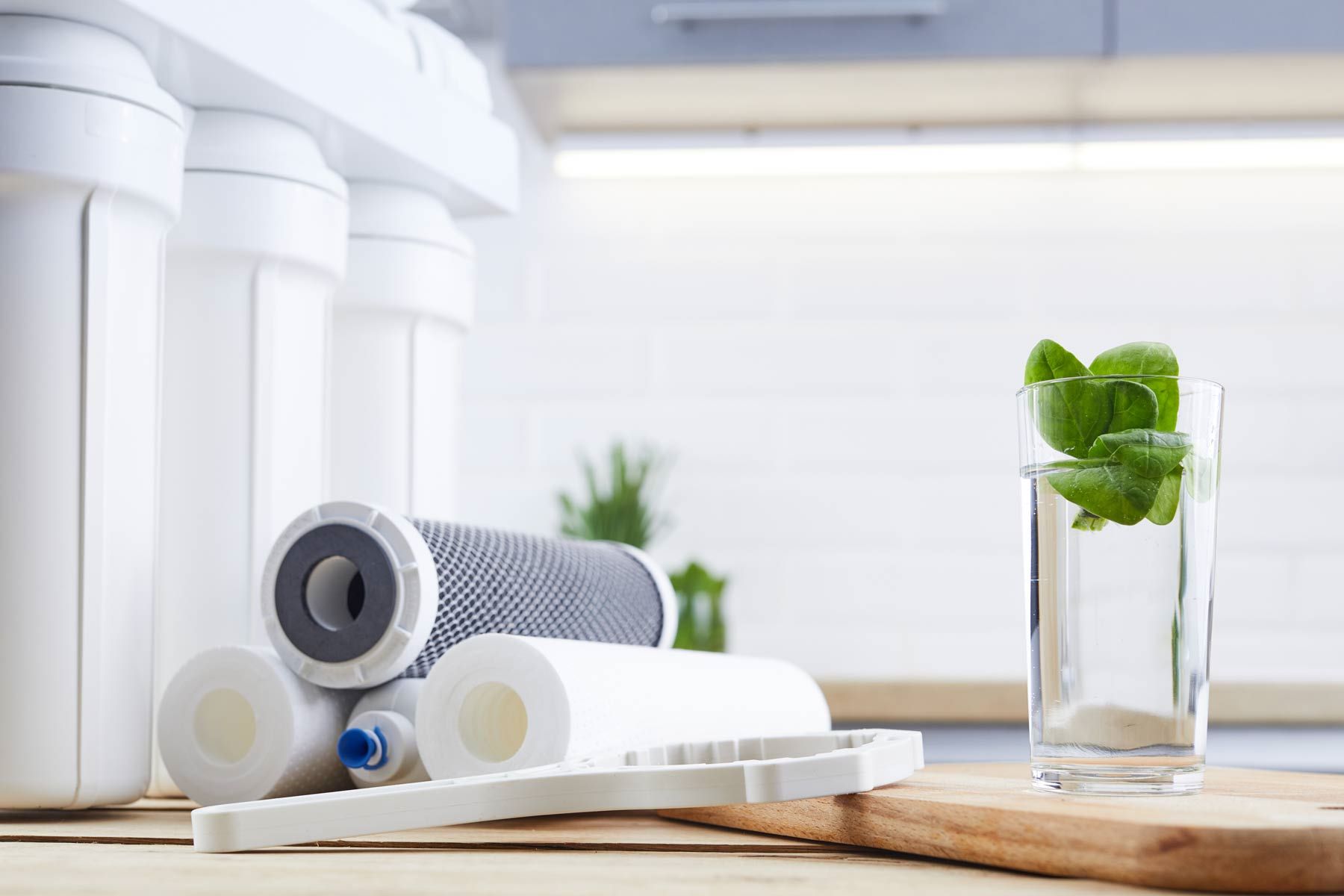
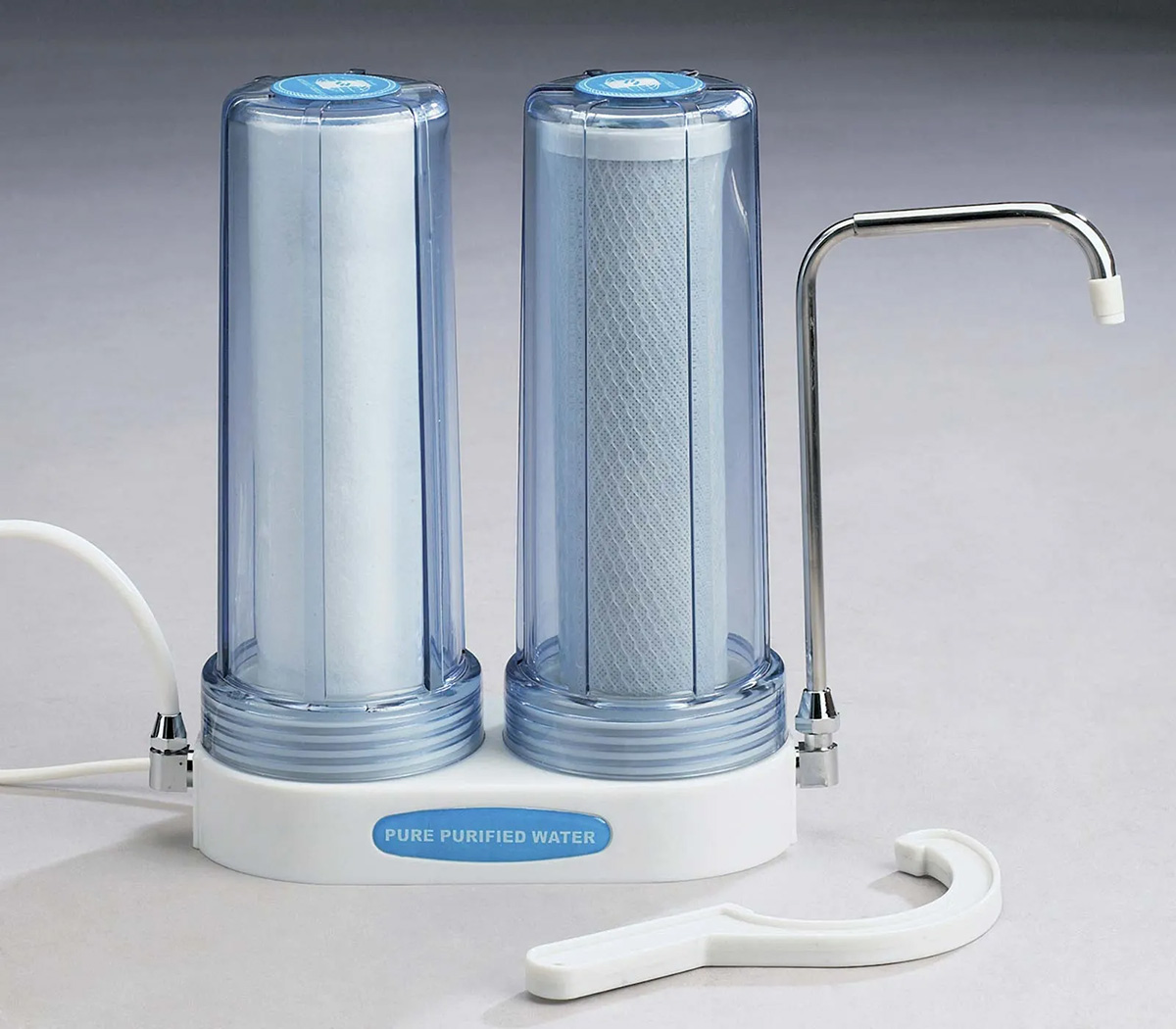
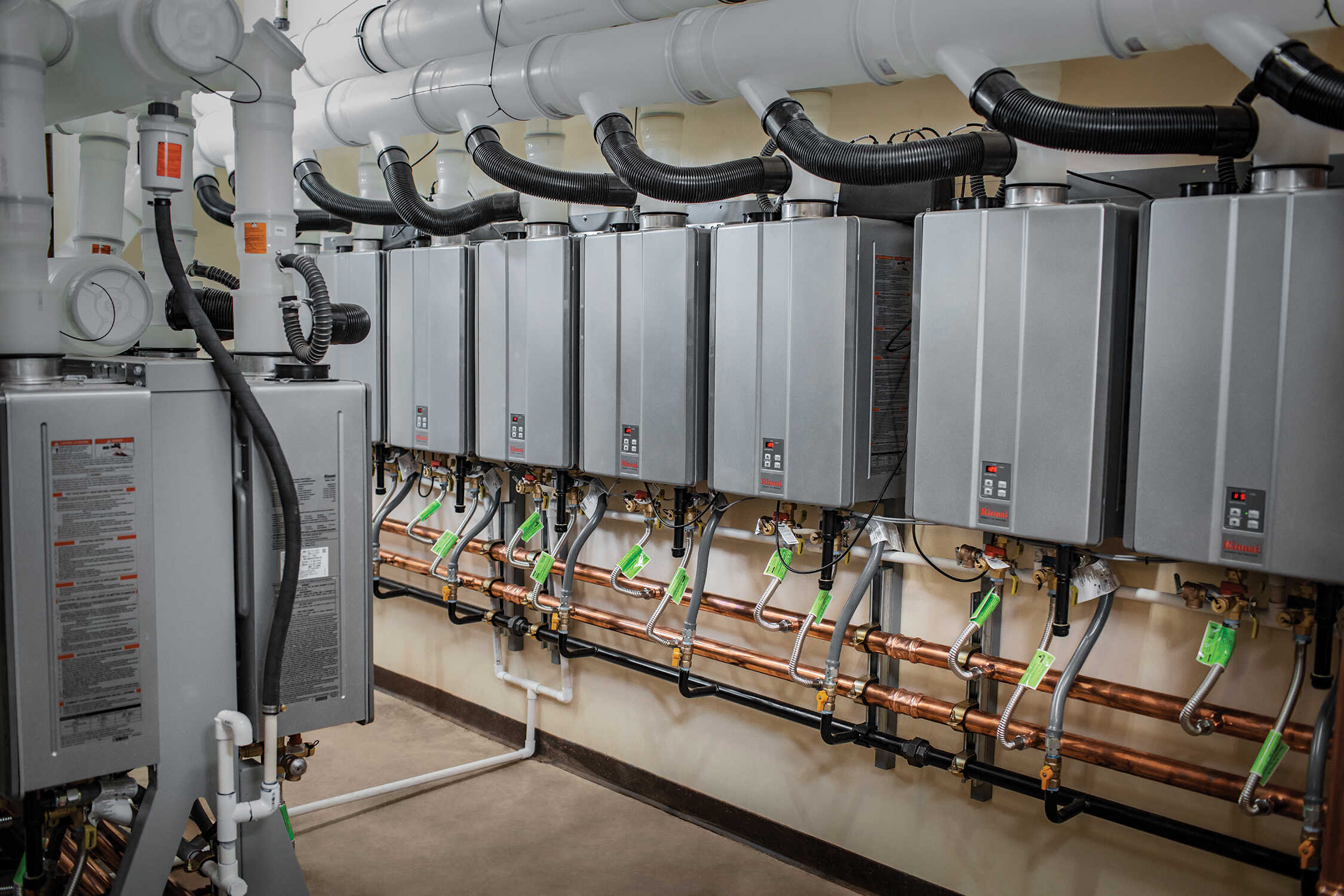
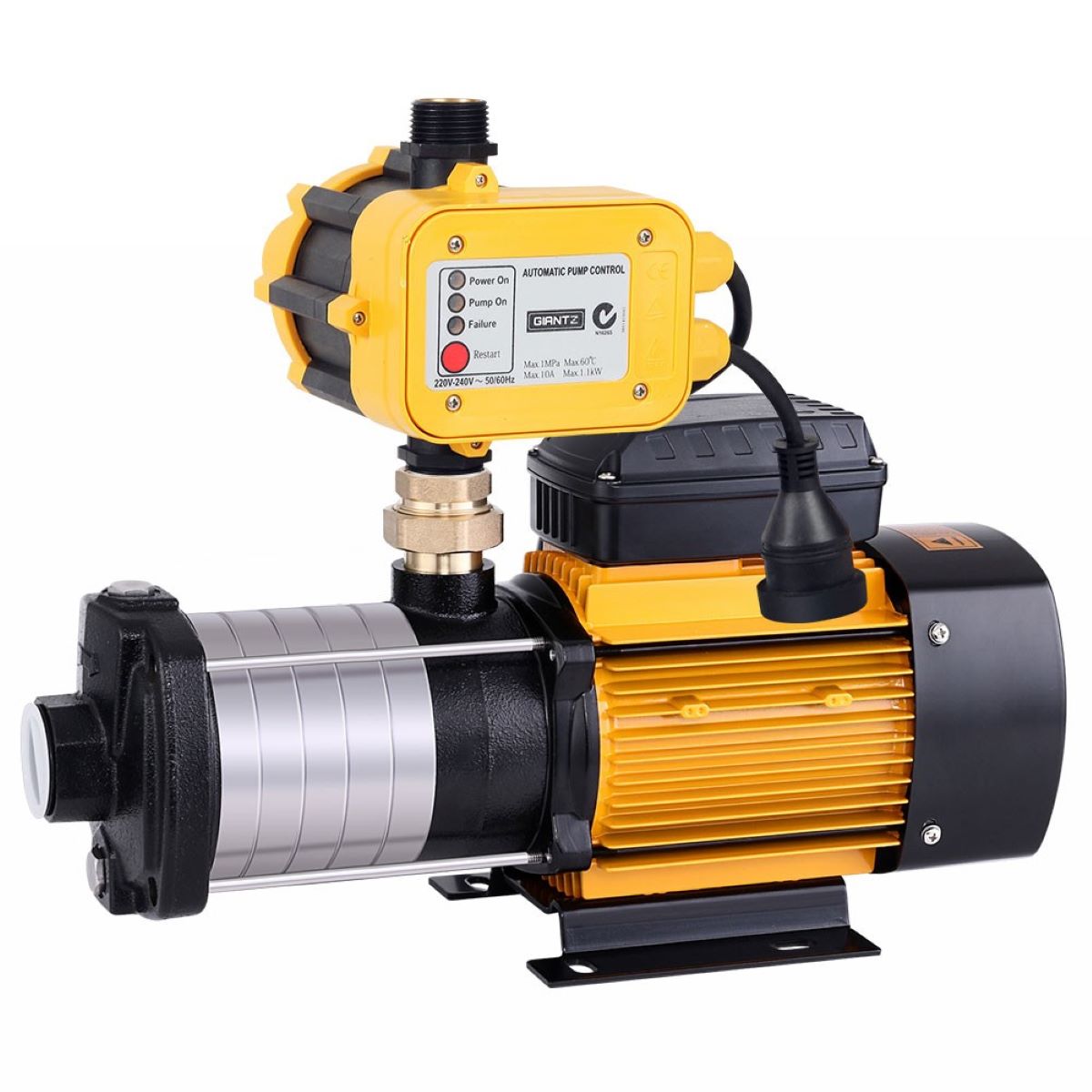
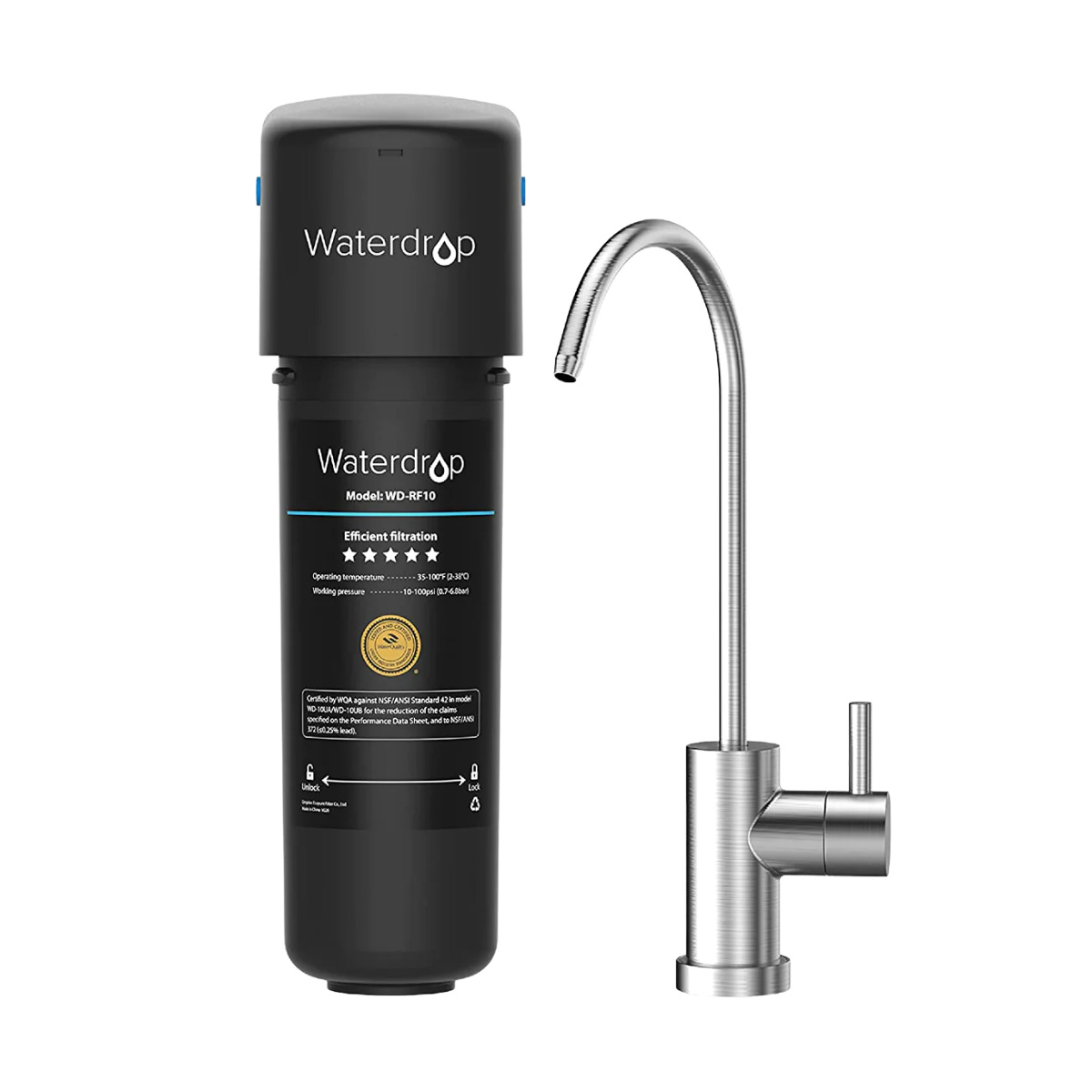

0 thoughts on “How To Choose A Water Filtration System”